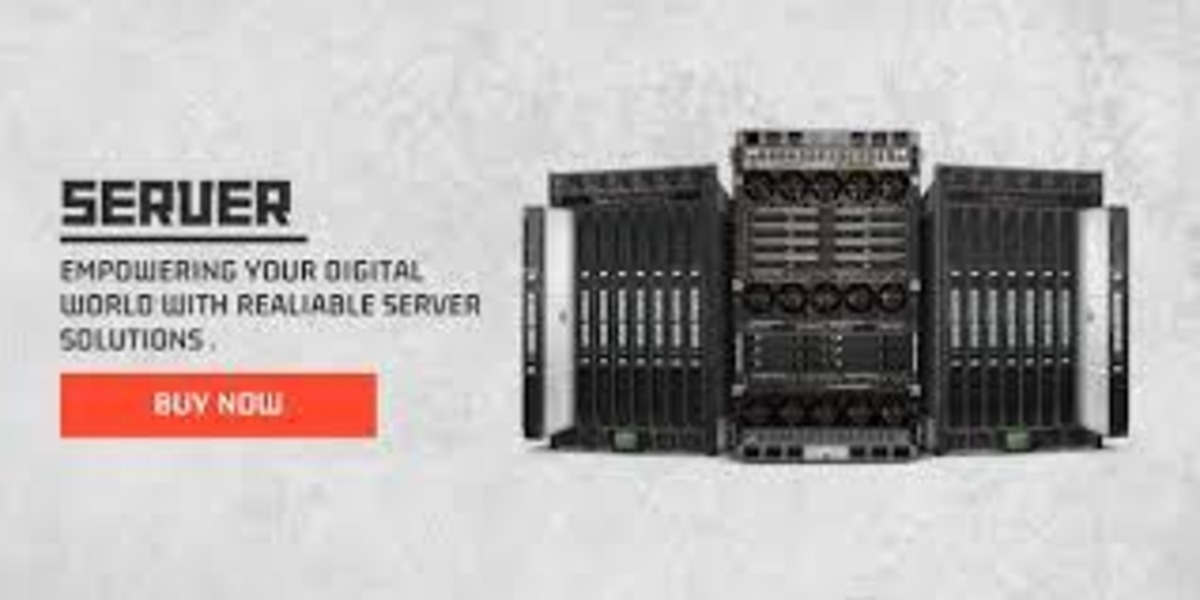What is a RAID Controller Card?
A RAID controller card is a hardware component used to manage multiple hard drives or SSDs in a computer system. RAID stands for "Redundant Array of Independent Disks," and the controller card’s job is to coordinate how data is stored and accessed across these drives. By organizing drives into a RAID configuration, the system can enhance speed, improve data redundancy, or both.
RAID controller cards can be found in enterprise-level servers, custom-built PCs, and even in some high-performance workstations. They're essential when managing large volumes of data or when uptime and speed are critical.
Why Use a RAID Controller Card?
RAID controller cards offer a significant upgrade in terms of system reliability and performance. Depending on the RAID level chosen—such as RAID 0, 1, 5, or 10—users can optimize their system for speed, redundancy, or a balance of both. For example, RAID 0 stripes data across drives for faster performance, while RAID 1 mirrors data to protect against drive failure.
A controller card offloads the RAID management from the CPU, freeing up system resources and increasing overall efficiency. This becomes especially important in data-intensive environments like video editing suites, web servers, and cloud storage infrastructures.
Software vs. Hardware RAID
While some systems use software-based RAID solutions managed by the operating system, a hardware RAID using a dedicated controller card offers better performance and reliability. Hardware RAID is less dependent on the host system and can continue functioning independently, which is vital in the event of OS failure.
Additionally, many RAID Controller Cards come with onboard memory and battery backup, further enhancing data protection and system stability during power outages or unexpected shutdowns.
Choosing the Right RAID Controller
The best RAID controller for your setup depends on several factors: the number of drives you plan to use, the desired RAID level, your budget, and your system’s purpose. Enterprise-grade cards offer advanced features like hot-swapping, caching, and support for multiple RAID arrays, while consumer-grade cards are great for personal or small business use.
Compatibility with your motherboard and operating system is also essential. Some cards are plug-and-play, while others require driver installation and configuration.
Conclusion
RAID controller cards are an essential tool for anyone serious about data management, whether for performance gains or protection against hardware failure. They take your storage setup to the next level, ensuring speed, stability, and security.
Whether you're building a high-performance server or upgrading your PC for demanding applications, a RAID controller card can provide the control and confidence you need to handle your data smarter.


